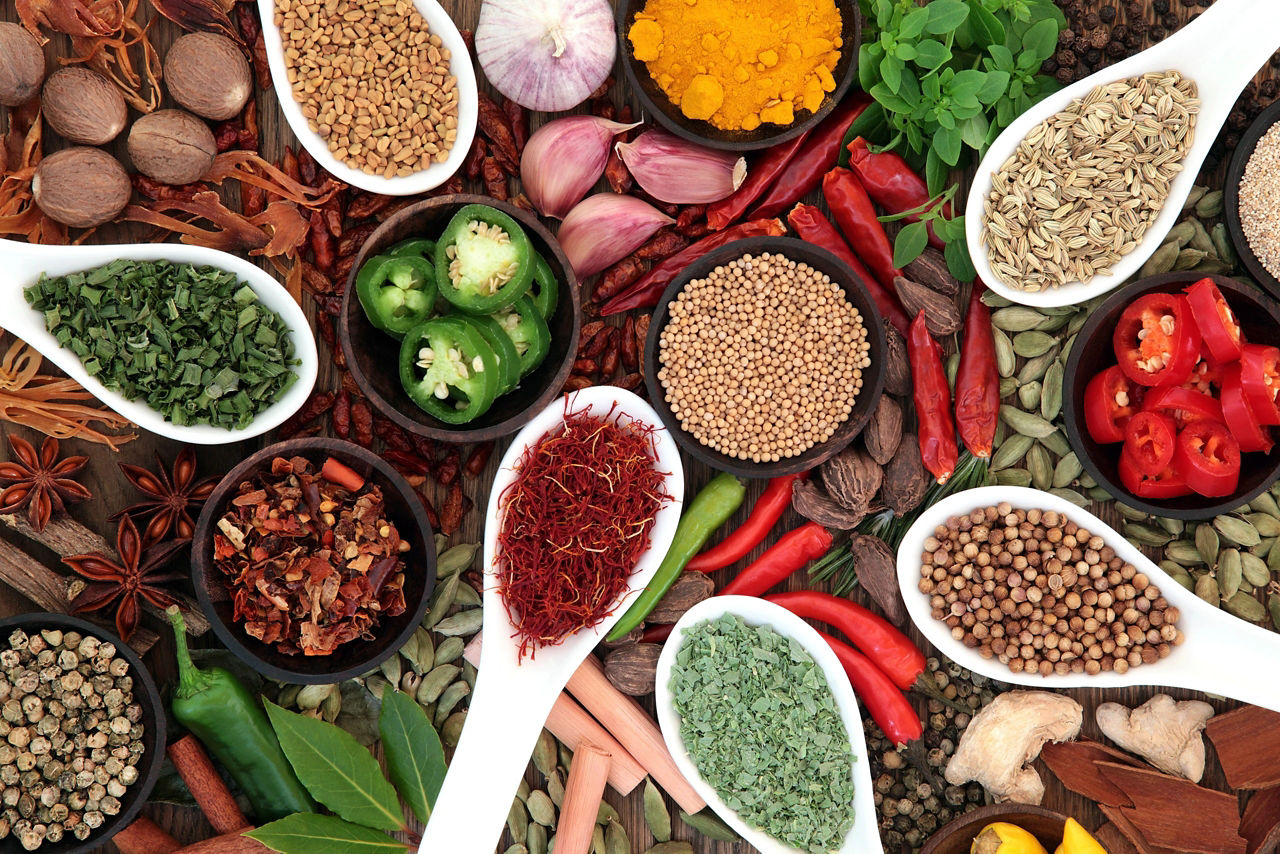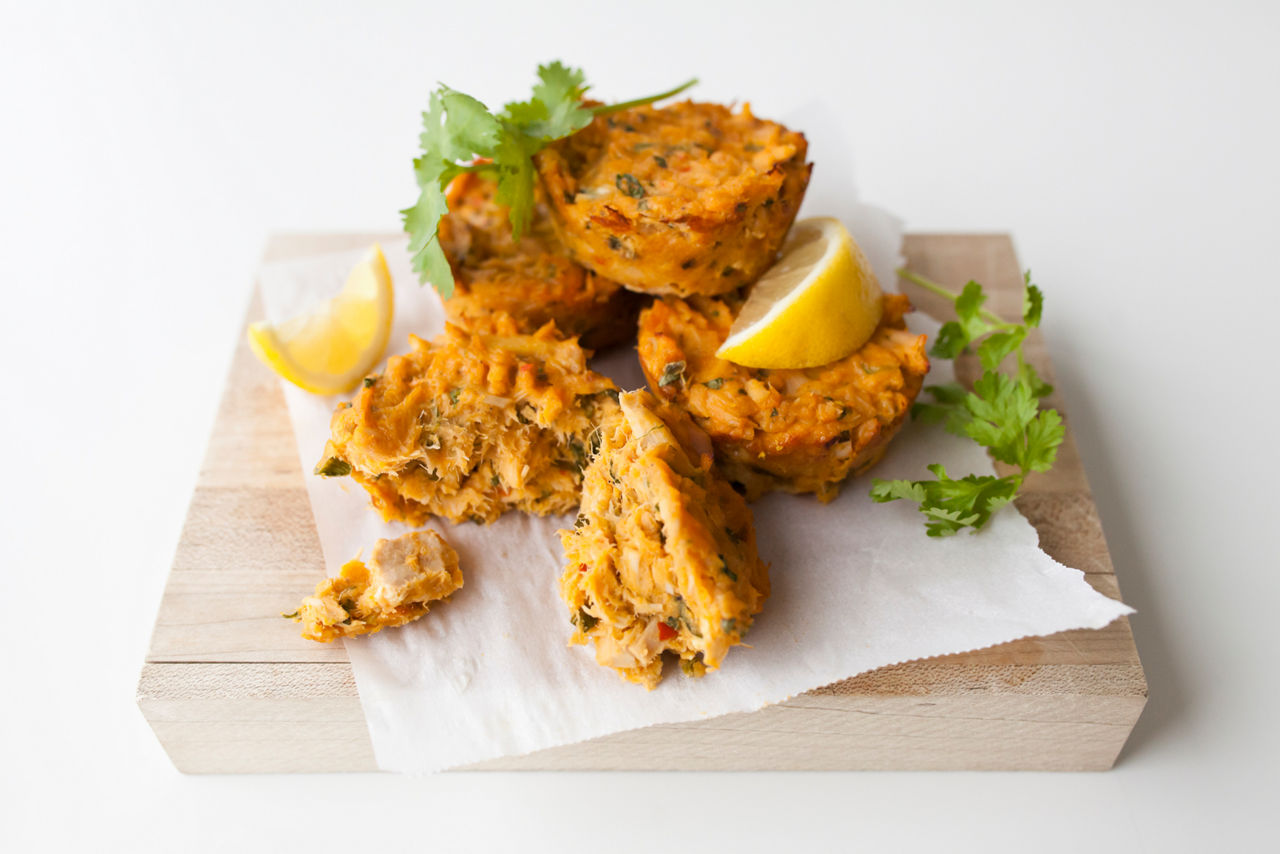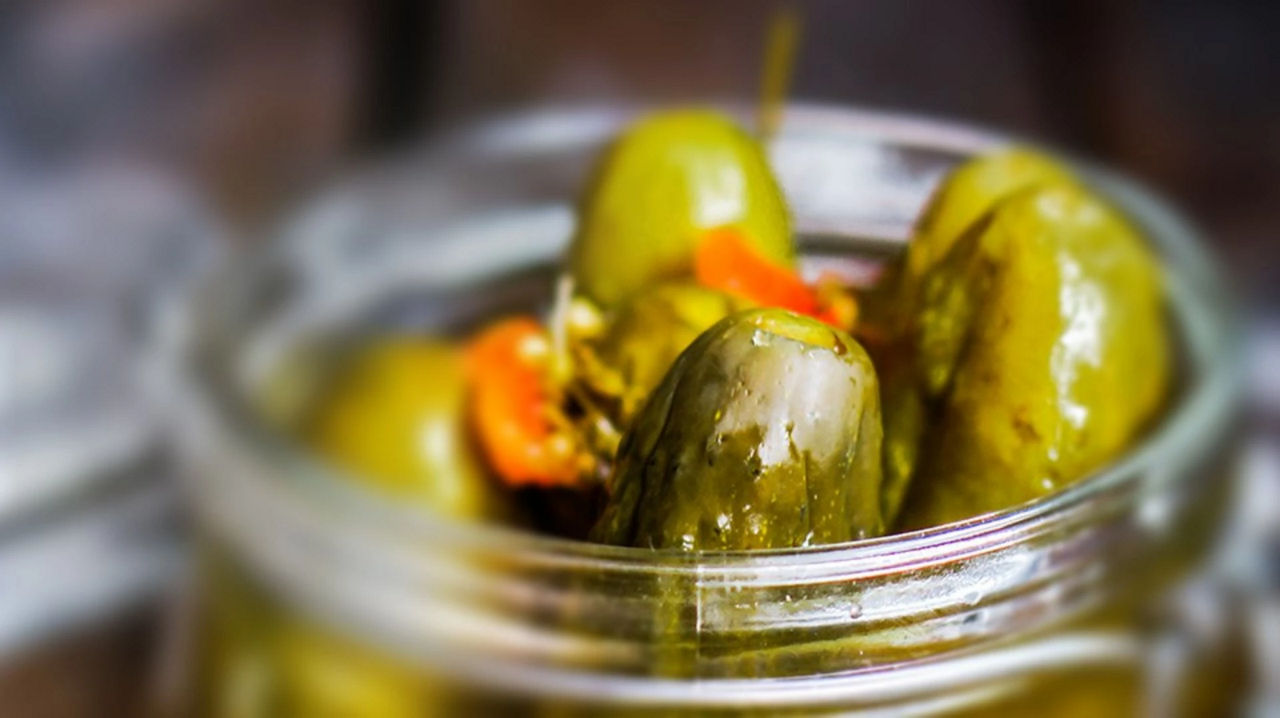Whether it’s a mouth-watering, flavour-packed curry or a chilli-spiked Mexican burrito, some of the nation’s favourite dishes pack a real chilli kick. If you’re a fan of chilli and spice, you might be asking yourself, is it safe to eat spicy foods during pregnancy? And if it is, what effects might they have?
Eating spicy food in pregnancy

There’s no scientific evidence to suggest you need to cut out spicy foods during your pregnancy, so if you enjoy your food with a bit of a kick, there’s no need to cool things down. In fact, many women experience strong cravings for hot, spicy foods during pregnancy. These cravings can be caused by fluctuating pregnancy hormones which can play with your sense of taste and smell.
As long as you remember to include a variety of vegetables in amongst all that spice, there’s no harm in enjoying your favourite spicy foods. Read more about a healthy balanced diet during pregnancy.

Are there any effects of eating spicy food when pregnant?
The effects of spicy foods on your baby
Eating a hot curry or any foods containing spices or chillies won’t harm your baby in any way. In fact, eating spicy food may actually help them enjoy a wider variety of foods once they’re older1.
Advances in early life research have revealed that the flavours from the foods you eat can pass from you to your baby via the amniotic fluid, and that as your unborn baby’s sense of taste and smell develop, they start to form opinions about the foods you eat. By the end of your pregnancy, your baby will regularly swallow large amounts of amniotic fluid and studies have shown that this could have an impact on your baby’s food preferences once they start weaning2.
The effects of spicy foods on you
While spicy foods won’t harm your baby, or help induce labour for that matter, they can both cause and exacerbate symptoms of indigestion and heartburn in yourself. Indigestion and heartburn are both common side effects of pregnancy thanks to the hormonal changes taking place in your body, and the mounting pressure of your growing baby pressing against your stomach3. If you experience any symptoms of indigestion or heartburn after eating spicy foods, you might want to cut them out for a while.
Related Topics
Read next

Need some help?
You can get quick answers to common questions in our FAQs.
Alternatively, if you need help with general pregnancy or baby advice, or maybe on using or ordering our products - our expert team are always on hand to talk about feeding your baby.
- Lecanuet JP, Schaal B. Fetal sensory competencies. Eur J Obstet Gynecol Reprod Biol 1996;68:1-2.
- Ventura AK, Worobey J. Early influences on the development of food preferences. Curr Biol 2013;23(9):R401-8.
- NHS. Indigestion and heartburn during pregnancy [Online]. 2018. Available at: www.nhs.uk/conditions/pregnancy-and-baby/pages/indigestion-heartburn-pregnant.aspx [Accessed March 2020].
Last reviewed: 28th July 2020
Reviewed by Nutricia’s Medical and Scientific Affairs Team



